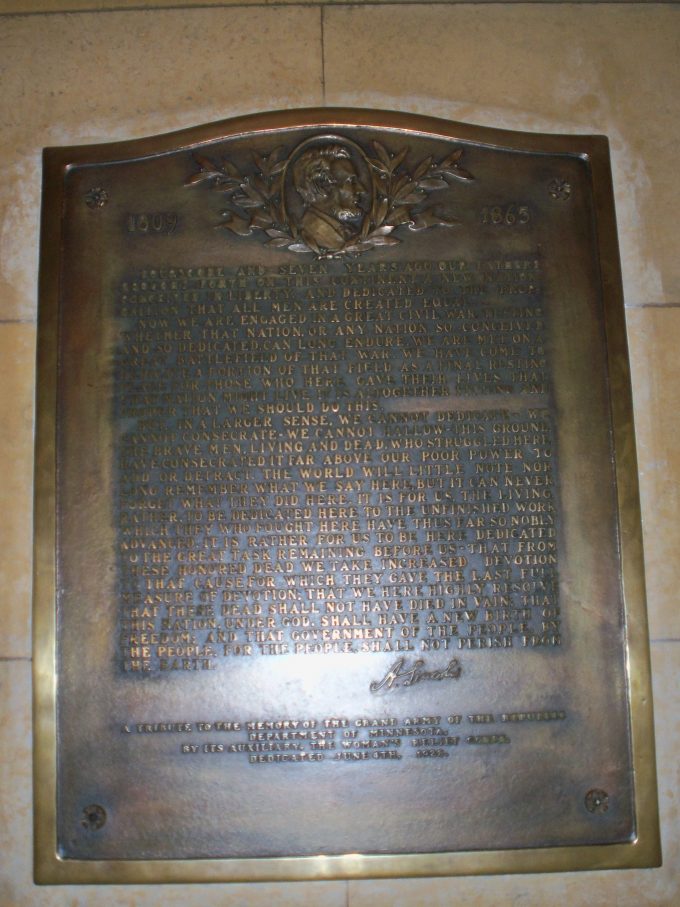
Saturday, 24 June 2017
…and to wait for His Son from heaven, whom He raised from the dead, even Jesus who delivers us from the wrath to come. 1 Thessalonians 1:10
This verse is a continuation of the previous one. Together they read –
“For they themselves declare concerning us what manner of entry we had to you, and how you turned to God from idols to serve the living and true God, 10 and to wait for His Son from heaven, whom He raised from the dead, even Jesus who delivers us from the wrath to come.”
The verbs “serve” and “wait” are both infinitive, and thus they reflect the condition in which the Thessalonians stood by turning to God from idols. In particular, Paul will focus on the second coming of Christ in this epistle, and so the condition of waiting is highlighted here now. Even their serving is set in anticipation of His coming again. If Christ were not to come again, and if we were not to be gathered to Him at His coming, then what would be the point of serving Him. This serving in anticipation of His coming is more specifically detailed in chapter 4, just before the magnificent details of the rapture are provided.
This is what Paul now refers to with the words, “and to wait for His Son from heaven.” It is the great and blessed hope of the Christian. We believe that Christ is coming again, and that He will lead us to a new and better life than anything we could ever now imagine. It is also the purpose of taking the Lord’s Supper. As Paul says in 1 Corinthians 11 –
“For as often as you eat this bread and drink this cup, you proclaim the Lord’s death till He comes.” 1 Corinthians 11:26
It is Christ Jesus the Lord, “whom He raised from the dead,” that we remember in this sacrament. We proclaim His death until He comes because He is alive. Otherwise, if He were still dead, He would not be coming. But God raised Him from the dead, “even Jesus who delivers us from the wrath to come.” Rather than “deliver” and “to come,” it should say “is delivering” and “is coming.” The verbs are present participles. Jesus gave His life for us, bearing the wrath that we deserve for the sins of this life. It is His cross which paid the penalty for our sins, and covered them. Because of this, there is no coming wrath for us. For those who reject Him, however, that is all that can be expected. God is righteous, and He must judge sin. It is His judgment upon man which is the wrath to come.
It is an important consideration, though, that Paul is tying in the coming of the Lord for His people with wrath which is coming. It is true that we are individually saved from God’s wrath in judgment. But Paul, in so tying the coming of the Lord with wrath, is pointing to a particular wrath which will be poured out on the world as a whole. He will build on this thought in Chapter 5, and also in 2 Thessalonians. Christ saves us from individual wrath, but He will also deliver us from the collective wrath which is coming upon the whole world at some future point.
Life application: It is rather sad that many Christians claim the rapture will come before war or calamity will occur in their own land. This is especially true in America. They act as if we are exempt from such things. This is naive, and it is harmful. Christians have been butchered for 2000 years, and if the Lord tarries, we may also face great persecution and death. The left, even in America, would like nothing more than to exterminate faithful Bible-believing Christians. If this happens, we must be prepared for it. But there is a time of great wrath, beyond our ability to imagine, which is coming upon the world. Before that time comes, the Lord will return for His people at the rapture. This is our hope, and this is what the Bible promises.
Lord God, we sure look forward to the day You send Jesus to swoop us up and out of here. Should we face war or major persecution before that day, give us the strength to endure it as so many faithful believers have done in the past. We do know though that the time of wrath which will come upon the whole world is also coming, and that You have promised to keep us from that time. What a blessed hope we have. Thank You for Christ Jesus who will deliver us from that day. Amen.




